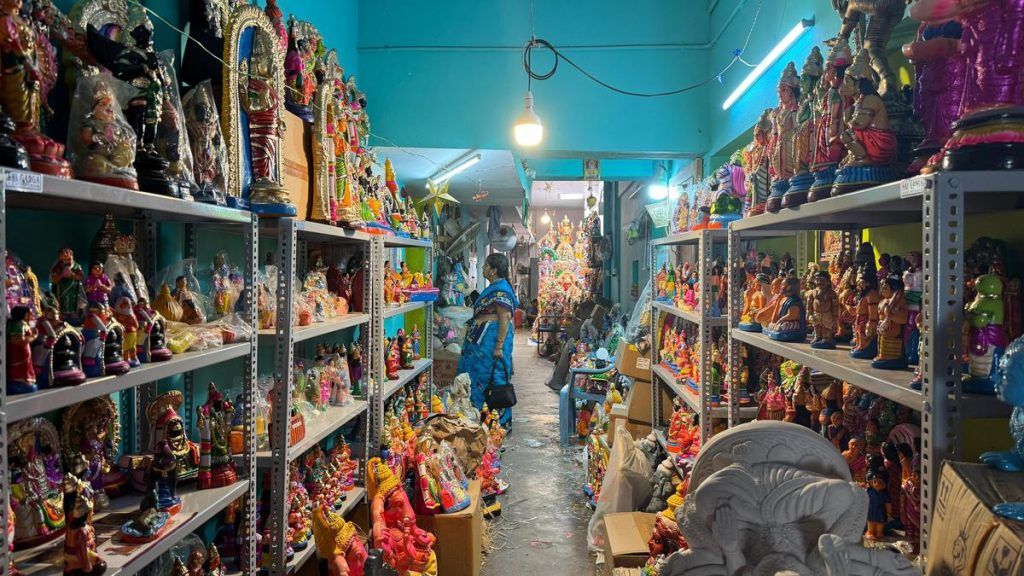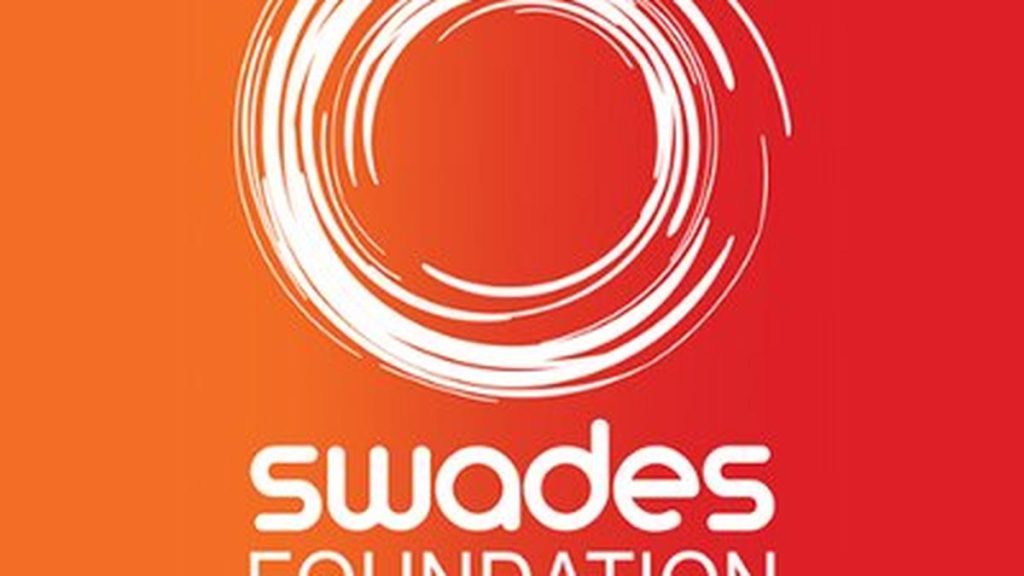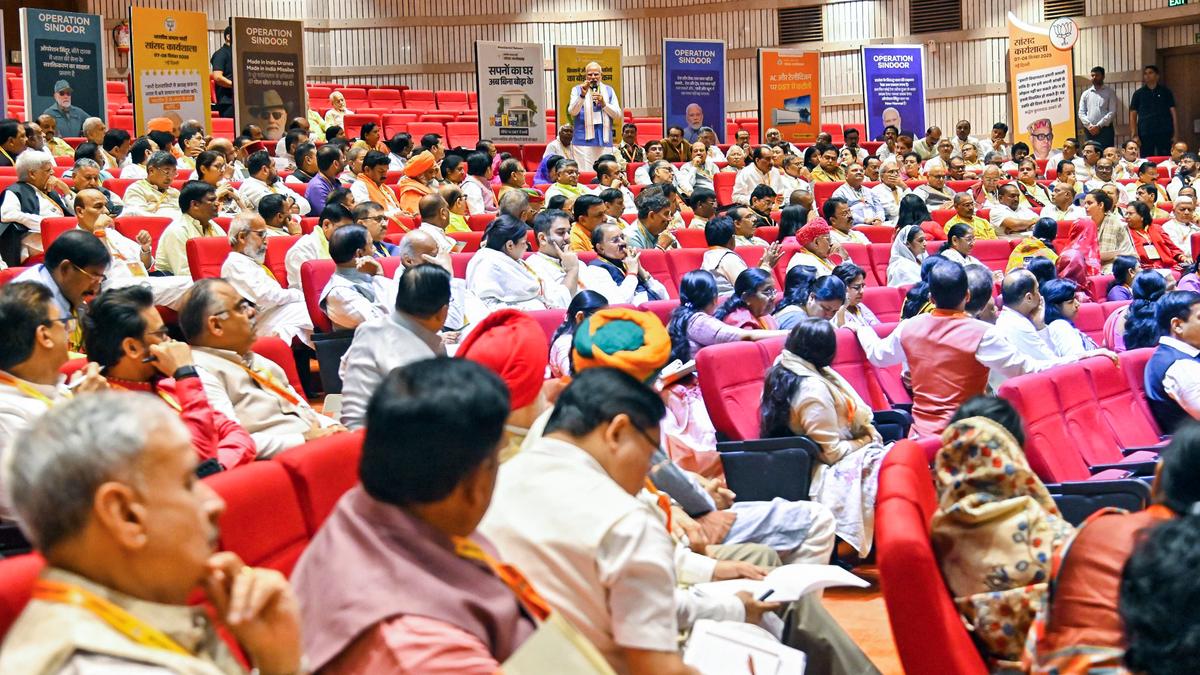Now Reading: India Warns Against Misuse of Export Rules at SCO Trade Meet
-
01
India Warns Against Misuse of Export Rules at SCO Trade Meet
India Warns Against Misuse of Export Rules at SCO Trade Meet

Fast Summary
- India warned against weaponising export-related measures to create artificial scarcity, distort markets, or disrupt supply chains at the Shanghai Cooperation Organisation (SCO) Trade Ministers’ Meeting in Vladivostok, Russia (September 6, 2025).
- A calibrated and obvious approach toward trade measures was advocated to maintain trust in global commerce.
- Persistent trade deficits were highlighted as a major concern; India called for greater market access and streamlined facilitation processes.
- India’s auto and electronics industries have faced challenges due to China’s export restrictions on rare earth magnets and fertilisers.
- India cautioned against discriminatory climate-linked trade measures that could harm equitable economic practices.
- The country’s trade deficit with China reached approximately $100 billion in 2024-25.
- With SCO encompassing 42% of the world’s population and facilitating 17.2% of global trade, coordinated action was urged by india to enhance regional growth while mitigating vulnerabilities.
- Amitabh Kumar represented India at the meeting, advocating for a fair multilateral trading system under WTO rules alongside greater participation of MSMEs via services sector reforms like temporary movement of skilled professionals.
- Discussing digitalisation, India suggested workstreams focusing on fair regulations, capacity-building efforts, and innovation-driven collaborations.
Indian Opinion Analysis
India’s remarks at the SCO reflect its broader concerns about imbalanced global trade practices threatening equitable growth across regions-especially within critical sectors like electronics and agriculture dependent on cross-border resource flows from nations such as China. By stressing clarity in export policies alongside market-access reforms, New Delhi underscored vulnerabilities tied directly to one-sided dependency patterns seen through its growing $100 billion annual deficit with Beijing.
The call for an open multilateral framework under WTO principles aligns logically with India’s vision for inclusive cooperation aimed at reducing asymmetries while empowering smaller players like MSMEs-key engines within domestic job growth strategies.
Proposing collaborative digital frameworks further signals forward-looking policy intent tailored toward strengthening secure interconnected ecosystems regionally integrated-the kind holding promising potential bridging prosperity-sharing mechanisms globally evolving societal domains towards inequalities offset positively accelerating..

























